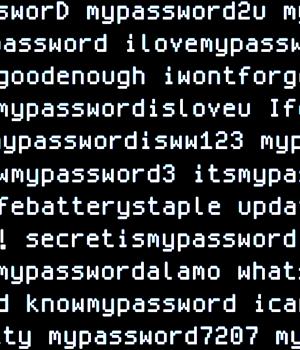Security News > 2022 > November > Serious Security: MD5 considered harmful – to the tune of $600,000

The regulator noted, amongs other things, that despite claiming it was salting-and-then-hashing passwords using an accepted hashing algorithm, EDF still had more than 25,000 users' passwords "Secured" with a single MD5 hash as recently as July 2022.
As you will have heard many times on Naked Security, storing the cryptographic hash of a password means that you can validate a password when it is presented simply by recomputing its hash and comparing that with the hash of the password that was originally chosen.
As long as the hashing algorithm is considered cryptographically secure, it can't usefully be "Run in reverse", so you can't work backwards from the hash to reveal anything about the password itself.
In short, you wouldn't expect any company, let alone an energy sector behemoth like EDF, to use MD5 for any cryptographic purpose at all, let alone for securing passwords.
Even if the user chooses a more suitable password, such as 34DF6467!Lqa9, you can tell in advance that its MD5 hash will be 7063a00e 41866d47 f6226e60 67986e91.
The regulator reports that 11,200,000 passwords had correctly been salted-and-hashed, but there were nevertheless 2,400,000 that had simply been hashed directly once, whether with MD5 or SHA-512.